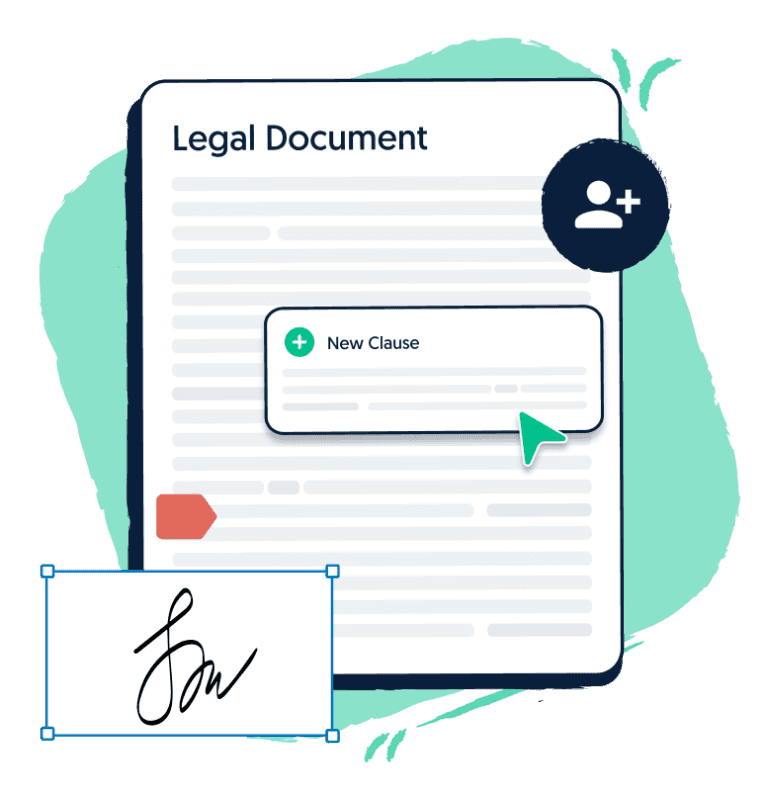

Non-Disclosure Agreements (NDAs) are standard contracts that aim to protect the disclosure of confidential information to third parties. However, sometimes it may be difficult to determine how long an NDA lasts for, whether it lasts indefinitely, and your obligations when it expires. In this article, we’ll explain how long a Non-Disclosure Agreement should last.
Non-Disclosure Agreements (NDAs) are one of the most common and effective documents businesses can use. Also known as a confidentiality agreement, an NDA will protect your interests by protecting your information. NDAs come in the form of an agreement or deed, where one or both parties promise to abide by its terms.

Sign up for one of our legal plans or get started for free today.
The term of the NDA indicates how long the NDA is to be active for. Typically, the standard use for NDAs ranges from 1 to 5 years. However, this all depends on the nature of the transaction or market conditions. As an employer or business owner, it is in your interests to enforce an NDA for as long as possible. Signatories to your NDA generally prefer for the document to expire at some point. For this reason, it is rare (yet possible) to see NDAs operating indefinitely as it unfairly prejudices the contracting party. Ideally, NDAs will cover an appropriate amount of time to protect the disclosing party’s interests. Having a reasonable time frame for your NDA is especially important if a dispute arises. This is because Courts look to the period, reasonableness, and impact on the receiving party in making their decision.
If a time frame is not specified in the agreement, the parties may infer that the NDA will be in effect indefinitely. Failure to include this term is not uncommon and frequently occurs when the agreement is based on an ongoing relationship. Although, most NDAs will expire after some point, usually upon agreement of the parties. Termination terms are beneficial for employer and employee as shared confidential information progressively loses its value over time. It may be prudent as an employee to assess how the length of duration may affect you and your future.
Also, confidentiality automatically expires when confidential information becomes publicly available. Even if you manage to have an NDA with an indefinite time frame, once the information becomes public, the confidentiality lapses.
It is important to note that information received after the final date of the NDA will not become confidential information. Even if an NDA has a survival clause that protects information received before the termination date, information received after will not be included. An example of this may be where you sign an NDA during the course of employment, but after leaving the job the NDA continues to apply for a certain amount of time (eg. 1-year post-employment). Any new confidential information you learn relevant to your prior position will not be covered by the NDA.
Better NDAs will provide for what happens after the term of the contract expires. Usually it will provide that even if the term has ended, the disclosing party retains its obligations under intellectual property laws. The primary rights will always extend to the employer (or the one aiming to protect the confidential information). It is always necessary to find out how long your non-disclosure agreement will last, and see how it may affect you in the future.